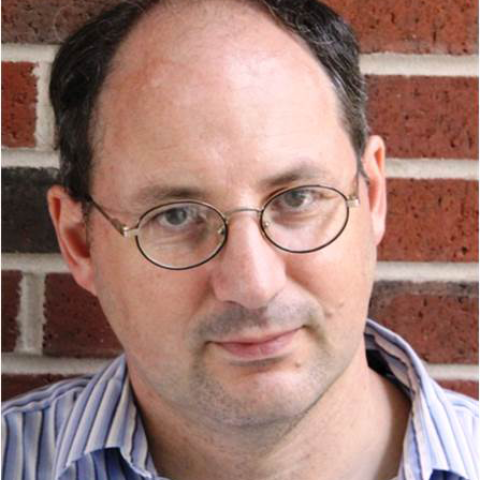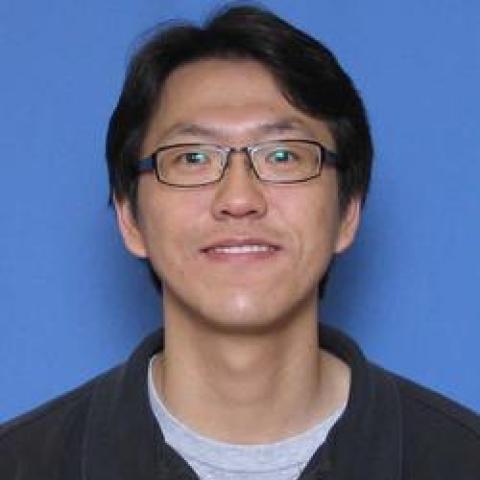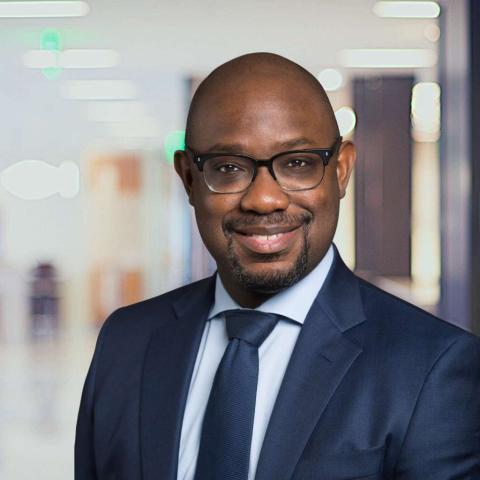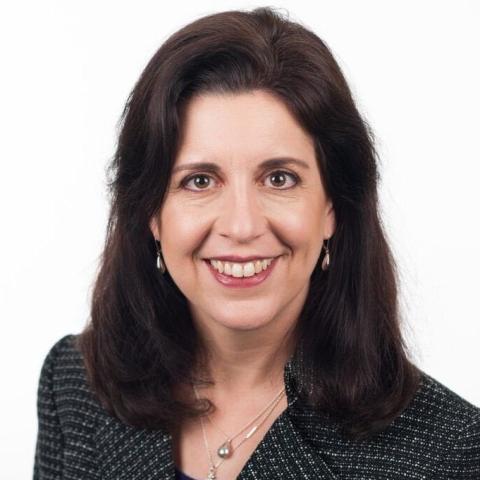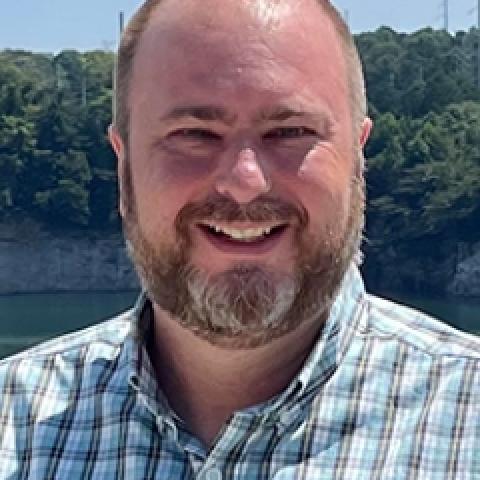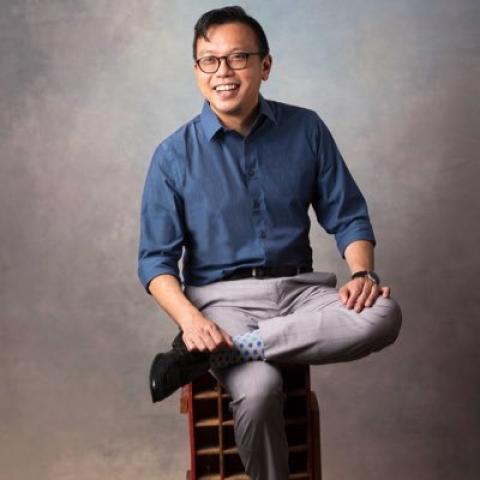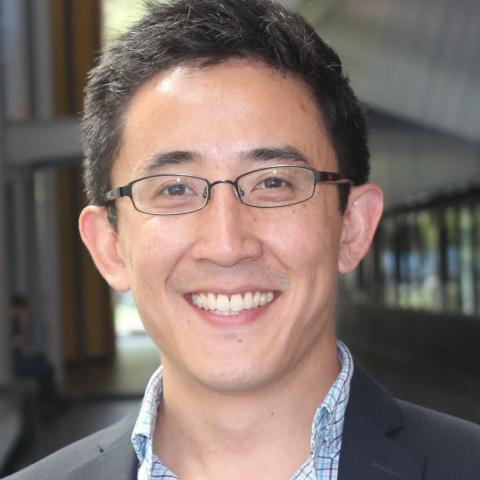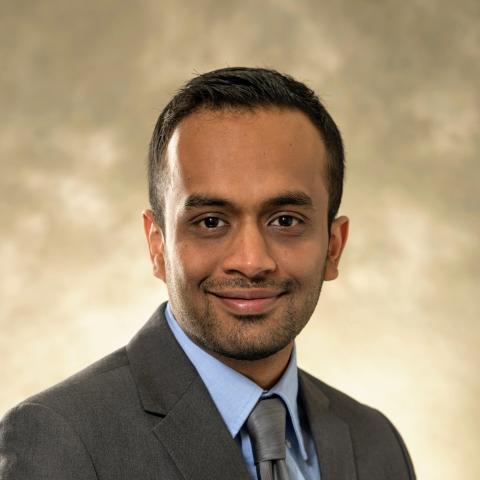Rebecca Levit
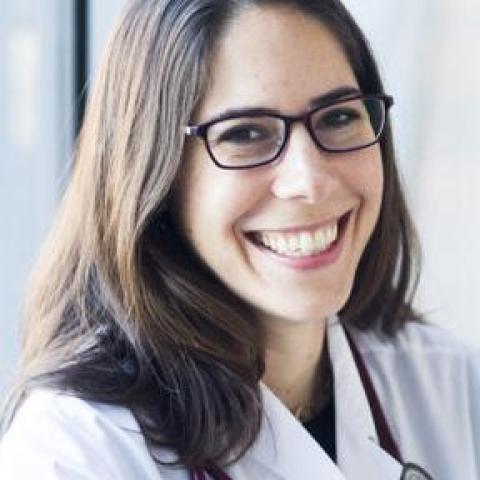
Dr. Levit came to Emory in 2007 after graduating from the University Of Pennsylvania School Of Medicine. She spent 7 years doing research and clinical training in cardiovascular disease. In 2014 she joined the faculty in the Division of Cardiology and is continuing her work on clinically translatable stem cell therapies for cardiovascular disease.
